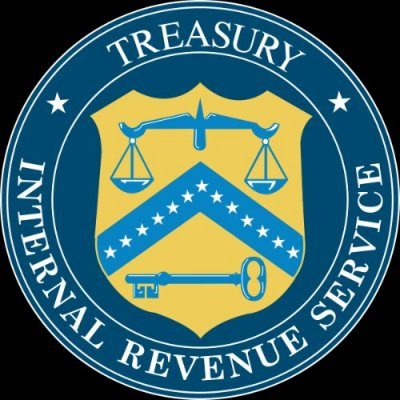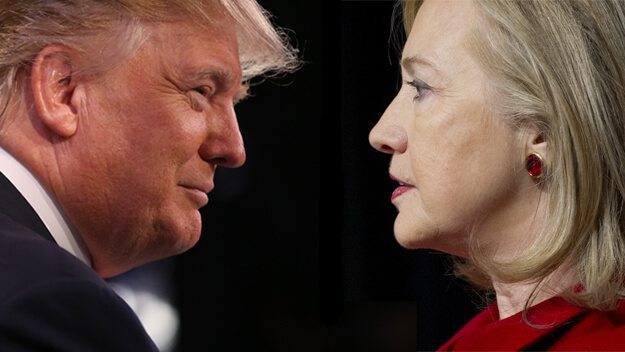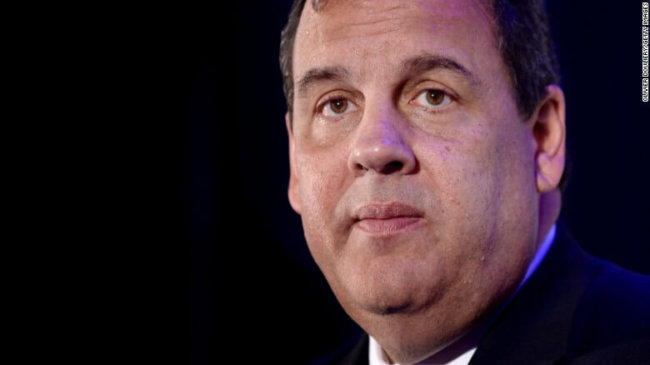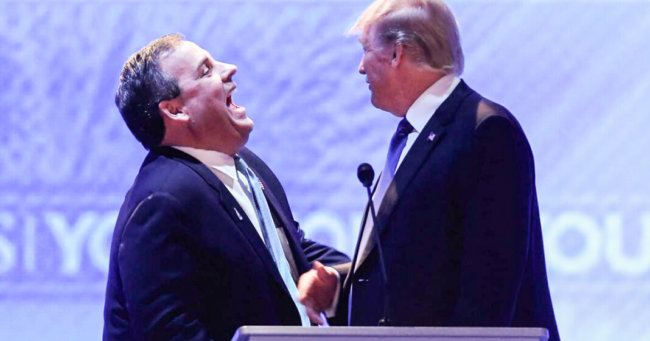With one scandal after another plaguing the halls of Washington these days, it may seem hard to keep track of each riveting controversy while trying to parse what the crises mean for the nation. And as new political outrages come to dominate the 24-hour news cycle, government scandals that at one point seemed like catastrophic disasters quickly start to fade into the background, appearing less and less relevant each day. This at least seems to be the fate of May’s IRS scandal, which at one point looked to be destined to bring down the Obama administration, or at least tarnish the president’s legacy. But now that the fiasco has been obscured by the NSA spying allegations and the resulting national dialogue over the role of whistleblowers, the once threatening IRS outrage slowly appears to be dripping into the history books. With one notable exception: the Tea Party organizations at the center of the ordeal, which look to be making a comeback thanks to the brouhaha.
Peaks and Losses
The Tea Party wave reached its peak in 2010, when voter discontent over the polarizing Obamacare legislation propelled several young, conservative lawmakers backed by the populist party into Congress during that year’s midterm elections. Since then, though, the anti-taxation coalition’s prestige and influence has waned, with less of their candidates earning government seats in the 2012 vote. As pundits proclaimed the end of the era of riled-up conservative activists, it looked like the once powerful Tea Party was doomed to political extinction.
And then the scandal hit. In mid-May, an audit conducted by the US Treasury showed that an IRS office in Cincinnati specifically targeted conservative organizations that had sought tax-exempt status. This revelation led to government inquiries, Congressional hearings and plenty of resignations as investigators and the media tried to figure out who ordered the extra scrutiny and which DC politicians were aware of it. Since then, Tea Party–affiliated groups have seen an uptick not just in media coverage, but in popular support and even funding.
Back on Track
Soon after the scandal hit, some Tea Party groups saw attendance to their meetings increase threefold. Organizers and leaders of the movement attribute this to the spotlight once again being flung at their non-government-intervention ideologies, especially since the debacle gave them a perfect illustration of Big Brother–like government overreach. Organizers also hope their message will now appeal to more centrist, moderate voters, who they hope are now made aware of the impact big government can have on their everyday lives.
And of course, there’s the money situation. Outrage over the targeting has led conservative donors to pump more cash into local grass-root Tea Party groups, as well as funds from national super PACs. Tea Party groups all over the nation have been more than happy to receive this sudden surge in corporate gifts. With the influx of cash, the Tea Party is looking to once again tackle head-on their big Washington white whale: health care legislation. Websites linked to the group have already popped up trying to link Democratic politicians who voted for Obamacare with the IRS scandal. Because the tax agency will be in charge of enforcing such Obamacare rules as penalties on people who don’t get health insurance under the individual mandate, Tea Party leaders are hoping that associating the seemingly bungling agency with vulnerable politicians will slow down (or maybe even halt) the state-by-state implementation of Obamacare.
Big Changes
The most obvious and talked-about consequences stemming from the IRS scandal is what will happen to the IRS itself. With Tea Party groups long calling for either a change in the agency’s tax policies or its outright abolition, the added scrutiny now being placed on the government service will have to result in some sort of transformation. Influential politicians such as Ohio’s Republican Senator Rob Portman have publicly berated the IRS for targeting groups based on their political beliefs while at the same time acknowledging that system as it currently stands is not working. These politicians have called for a review of policies affecting nonprofit status for political groups, if not the direct elimination of such status. Long-debated practices such as the amount of funds nonprofits can receive from super PACs and how much nonprofits can contribute to political causes will all now be under discussion. And in the end, these are the exact sorts of debates the Tea Party has been pushing for since its inception. So where analysts and pundits may see a scandal, the anti-taxation group has instead seen this fiasco for what it really is: a major political gift.









